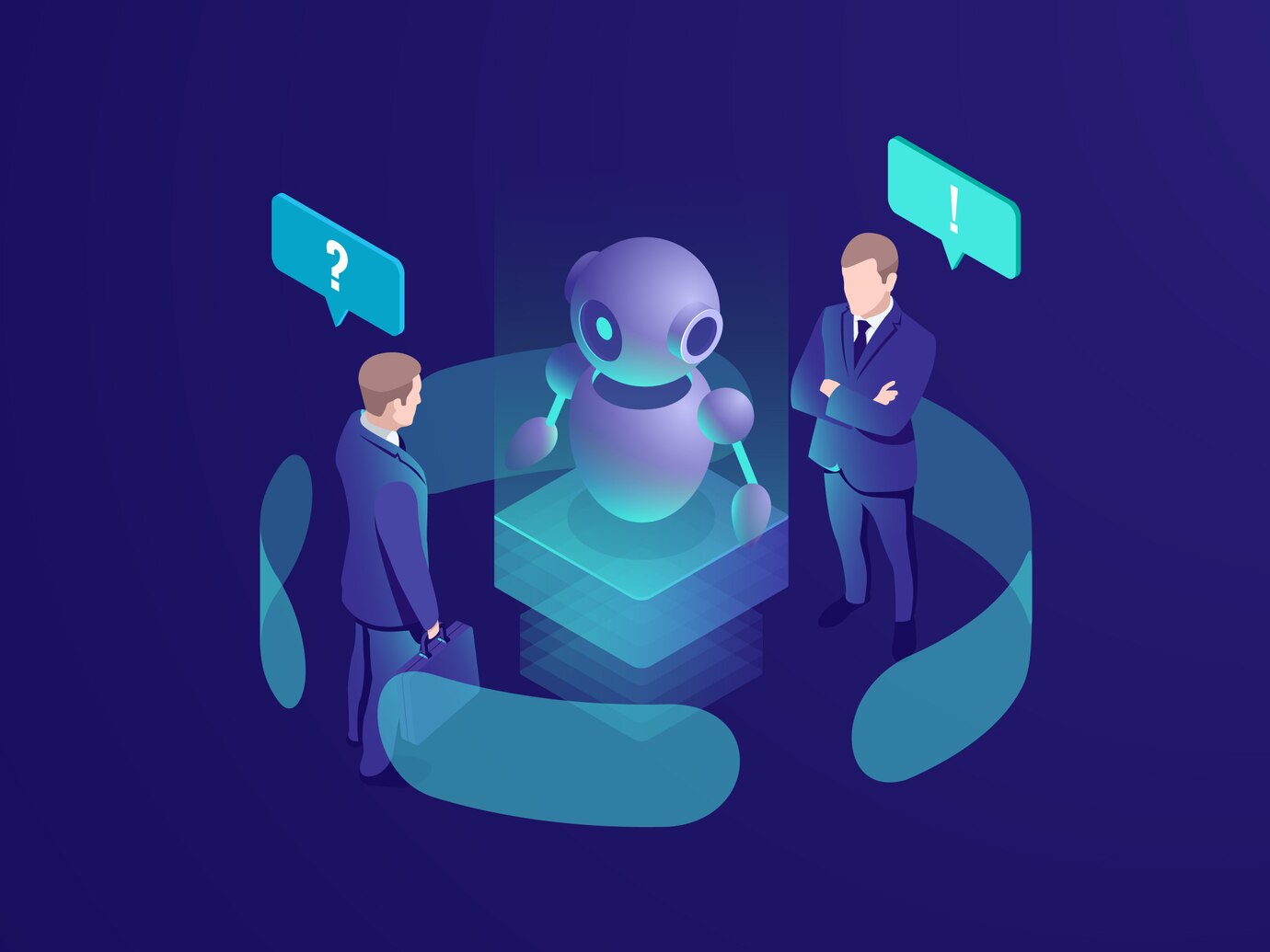
Artificial intelligence (AI) is rapidly transforming the insurance industry. Today's customers expect instant, seamless services and support that are aligned with their everyday lives - on-demand and digitally first.
These expectations are met by chatbots and AI assistants, which have revolutionised the way insurance providers interact with customers.
This blog will examine how chatbots, AI assistants and other technologies are improving customer service in the insurance industry. You'll learn about their real-world applications and challenges.
Chatbots are becoming an essential tool for the insurance industry as customer expectations continue to evolve. Chatbots powered by AI and virtual assistants provide proactive, efficient and highly personalized service. This gives insurers a competitive advantage. Why have they become so important?
24/7 Availability
Chatbots and AI assistants, unlike human agents do not clock out. The chatbots are available 24/7 to provide assistance when customers need it. Chatbots can provide uninterrupted service, whether they're helping a policyholder submit a claim in the middle of the night or providing instant answers to policy questions.
Instant Responses
Chatbots can handle hundreds of customer queries simultaneously and provide immediate responses to FAQs. Chatbots are able to handle hundreds of queries at once and can provide instant answers to FAQs. It not only improves customer service but also reduces wait times.
Personalised Service
Modern chatbots mimic human conversation and customize responses to individual customer needs using advanced natural language processing. AI assistants are able to offer timely recommendations and customised solutions by analysing real-time customer data.
These benefits aren't only for customers, they also help insurers save money and improve their operational efficiency. According to a report from Juniper Research, chatbots will save businesses more than PS6 billion per year by 2025 through reduced customer service costs.
Chatbots offer solutions for a wide range of insurance functions. They are not just flashy, new tools. Here are a few key use cases that are transforming the insurance sector.
Insurance claims processing and filing has been a time-consuming task for years. AI assistants automate this process by requesting documentation, verifying details and providing status updates in real-time. Automating the claims processing allows insurers to reduce turnaround time and increase customer satisfaction.
Lemonade Insurance Company uses an AI assistant named Maya to assist policyholders in filing claims within minutes, sometimes seconds. The system handles simpler claims automatically, while complex cases are left to human adjusters.
AI assistants serve as digital consultants who help customers choose the best insurance policies for their budgets and needs. Chatbots, by analysing customer preferences and data, can make highly relevant recommendations, increasing sales and customer satisfaction.
AXA, for example, has developed a virtual assistant to help customers understand their health and auto insurance policies. This ensures that they are well informed before purchasing.
AI-powered tools have become increasingly effective at identifying and qualifying prospects. Chatbots assist insurance agents by interacting with visitors to their website, answering questions and collecting contact details.
Chatbots are used by insurers to interact with potential customers on their website, providing support and product recommendations tailored to their browsing histories.
While there are many benefits, integrating AI assistants and chatbots into insurance operations can be challenging. In order to fully utilize AI technology, insurers must address these issues responsibly.
To provide personalised service, AI assistants need access to sensitive and personal customer data. The reliance on data is a concern, as it raises questions about the storage, use, and protection of this information. To build and maintain trust with customers, insurers must prioritise the compliance of data protection regulations such as GDPR.
Insurance is heavily regulated, and AI systems are required to comply with all standards and rules. Regulatory agencies are increasingly looking at how AI algorithms take decisions, especially in areas such as claims processing. Insurers must ensure that their technology is ethical, transparent and in compliance with current legislation.
Chatbots can be a great tool for repetitive tasks or routine questions, but they cannot replace a human agent's empathy or nuanced understanding in emotionally charged or complex situations. For a better customer experience, a hybrid approach is necessary, in which AI and humans work together.
AI and chatbots are not static in the insurance industry. Here's what the future will look like with technology constantly evolving.
Insurance operations are increasingly interwoven with the Internet of Things (IoT). Smart devices like home security systems and connected cars collect data that can be fed into AI algorithms. AI assistants can use this data to provide real-time alerts or suggest policy changes. They could even help prevent risk before it occurs.
AI tools are getting better at analyzing datasets and predicting trends and behaviors. When combined with chatbots and predictive analytics, insurers could anticipate customer needs, provide solutions before issues arise, optimise offerings, and improve profitability.
Imagine a chatbot who understands you better than any traditional agent. It will know your spending habits, risk tolerance, and lifestyle. Hyper-personalisation, powered by advanced AI, will redefine how policies are tailored, allowing insurers to meet customer expectations with unmatched precision.
Organisations must be innovative to remain competitive in the fast-paced world of insurance today. Insurance companies that want to improve customer service must use AI and chatbots. They are essential tools for long-term success.
Insurance providers who invest in these technologies can streamline processes, empower teams and provide superior customer service.
Are you ready for AI to be integrated into your insurance operation? Discover how chatbots will help you shape your future and provide the customer support that your customers deserve.